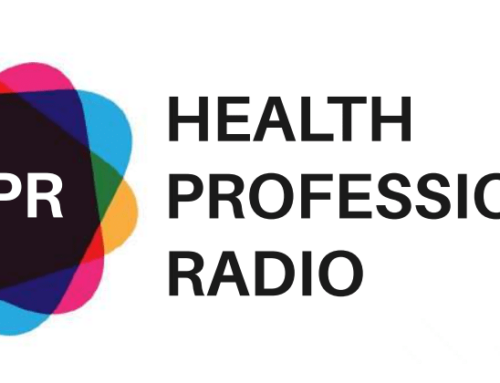
Many organizations try to “fix” their staffing problems by integrating paid staff. While this solution might appear to be the magic bullet for all staffing issues, if the integration is not done properly, you’ll just have a whole new set of problems on your hands.
The following are my 10 commandments for integration success. If you follow these, your integration will be successful. If not, remember that I told you so.
- Thou Shalt Have Only One Set of Rules/Policies for the Organization. While it’s common to develop a new set of rules and regulations specific to newly arriving staff, one surefire way to derail the integration process is by treating various members of your staff differently. For example, don’t use a heavy hand on the paid staff for an infraction and then allow a volunteer to slip by unscathed for the same offense.
- Thou Shalt Have a “Get-to-Know-You” Meeting Prior to the Start Date. Invite new paid personnel, volunteers, board members, local responders, FD, PD, dispatchers, and the community to a meet-and-greet as early as possible.
- Thou Shalt Make Sure That Information About the Paid Staffing Program Is Open to All. Informed members revolt less. Be very open about the hiring process, start dates, coverage hours, and your rationale for bringing paid staff into the organization.
- Thou Shalt Kill All Rumors Immediately. Regardless of your information flow, emergency service people love to gossip. As a leader in an organization, if you hear a false rumor, acknowledge and then correct the information. It is better to correct it now — before it becomes an urban legend.
- Thou Shalt Remind Volunteers of Their Continued Importance. Everyone likes a pat on the back, especially people who are doing hard work for free. Show volunteers their value, identify and acknowledge the hundreds of hours each year not covered by paid staff, and continue recruiting volunteers to help your agency.
- Thou Shalt Keep People Focused on the Organization’s Mission. Once you’ve made your decision to integrate, there will be pushback. Remind your staff of your mission: “We have to take care of the community, and this change is necessary to achieve that goal.”
- Thou Shalt Allow and Encourage Paid Staff to Be on Operational and Planning Committees. Include your newest staff members on all committees. You hired them for their experience, so remember the hiring process and be sure to tap their potential. This is even more important if you hire full-time employees.
- Thou Shalt Designate ONE Supervisor to Whom Paid Staff Will Report. Be sure that you establish a clear chain of command. Receiving conflicting requests from multiple supervisors can be frustrating. It is important not to allow Board members, senior staff or others to try and correct, discipline or exert control over the paid staff. One supervisor and chain of command only please.
- Thou Shalt Not Allow “Dumping” on Paid Staff. It is quite common for volunteers to suddenly “forget” to complete their chores, relying on paid staff to be there. Leaders should anticipate and forbid this from happening, as it is guaranteed to cause raging animosity that will poison the group.
- Thou Shalt Not Allow the Words “Us” and “Them” to Enter the Organization. There is only one “we,” and that is your entire organization made up of paid and volunteer professionals. Remove any semblance of fence-building, compartmentalization, or segregation.
Integrating paid staff into any organization to supplement volunteers is a way to maintain the value and traditions of volunteer agencies without sacrificing the mission of serving the community. If paid staff are integrated well and managed effectively, communities can have the best of both worlds! Serving your community is the primary mission and the patients can’t tell who is a volunteer and who is paid…they just want competent, compassionate care.
To ensure that you’re creating the most optimal integrated work culture for your staff, don’t hesitate to contact me at Bob@Holdsworth.com.




